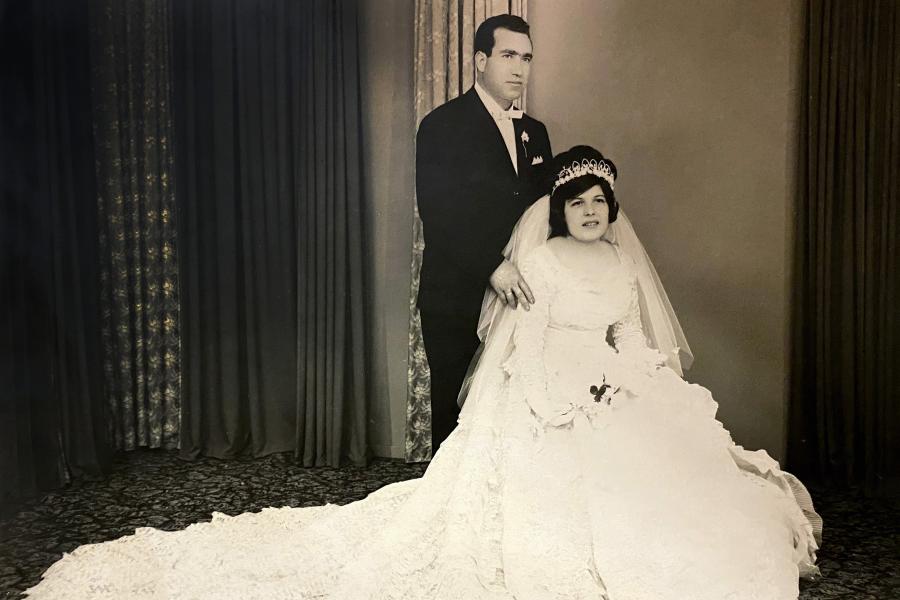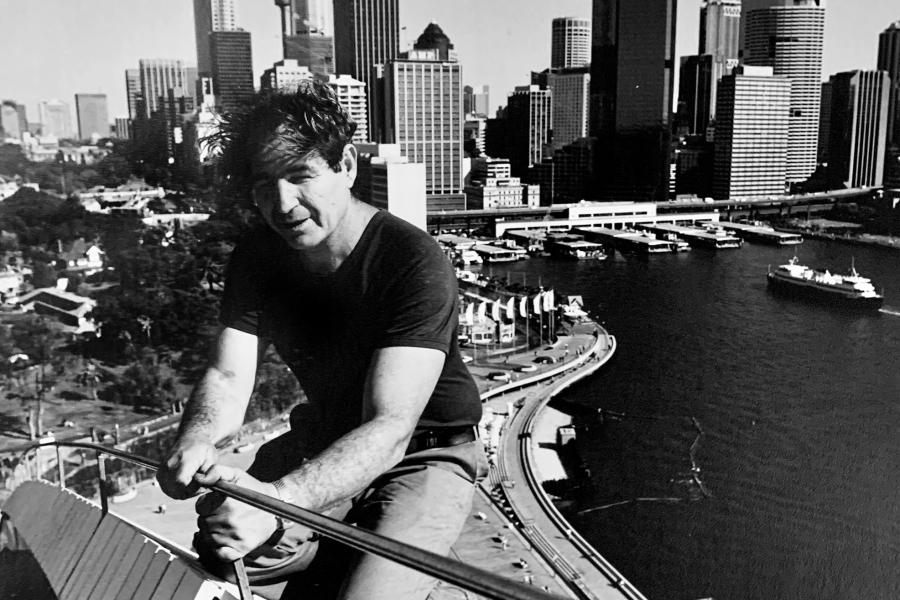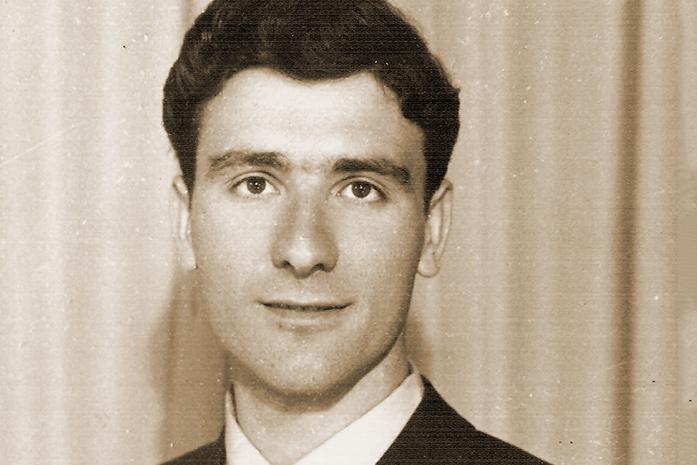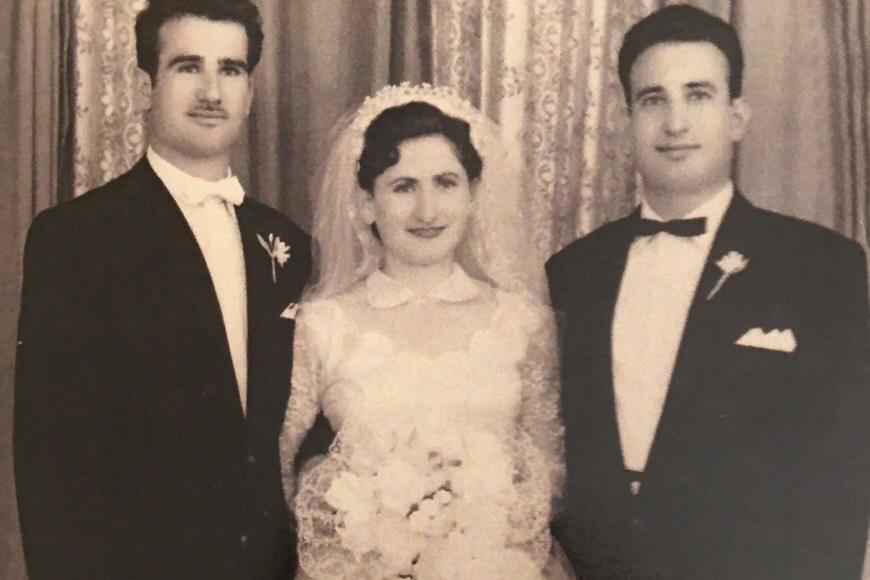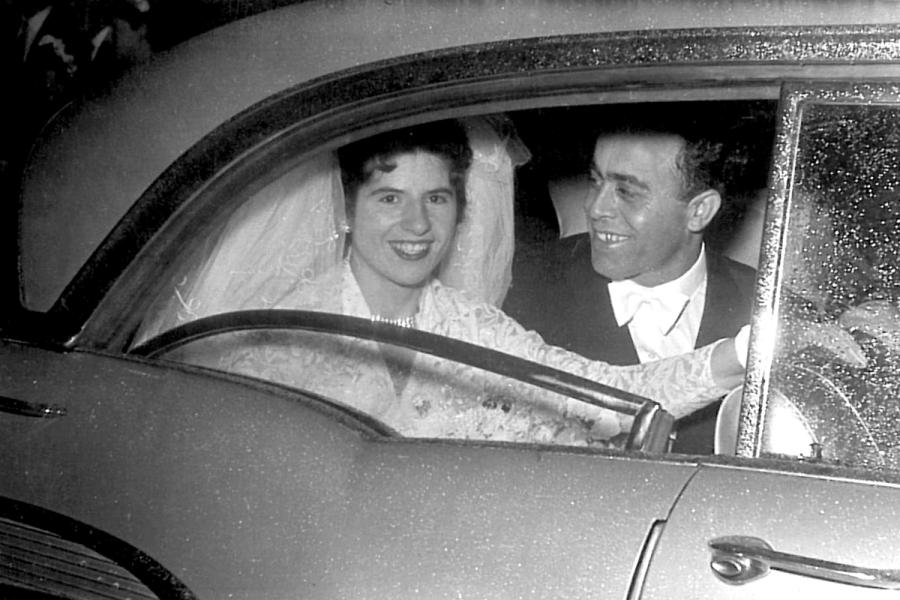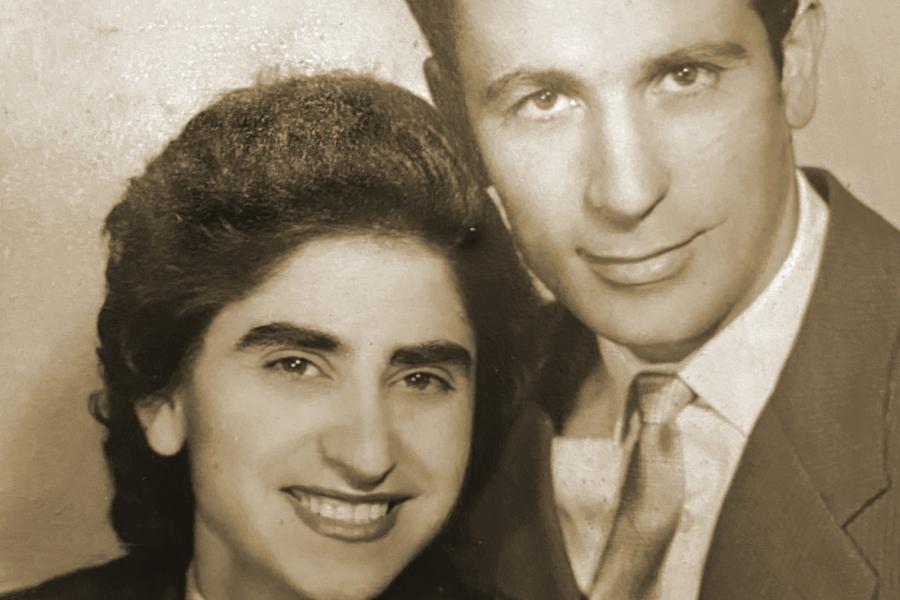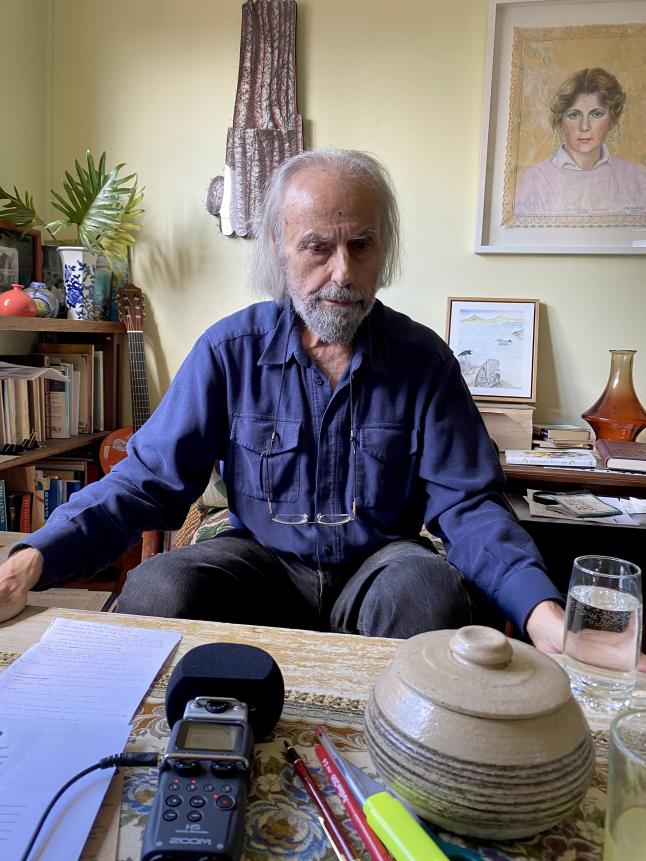

Speaker background
George Michelakakis is an artist, author, radio programmer and activist. He was born in Piraeus in December 1945. His decision to emigrate was based on political and economic factors. In 1971 he flew with his wife to Djibouti in East Africa, and from there travelled to Australia with the Greek passenger liner, Patris. He spent considerable time in Bonegilla and Melbourne, before moving to Sydney.
Interview summary
George talks of the extreme poverty and political oppression suffered by his family in post-war Greece. He describes the trip to Australia with his first wife, his early days in the Bonegilla Migrant Camp. He also discusses his life as a factory labourer and the difficulties faced because of his limited English. The interview also covers his writings and work as an artist.
Interview highlights
highlight
George discusses how migrants from the island of Samos had to prove they were workers to migration agency officials to be accepted as migrants to Australia
When the migrants went to the migration offices for Australia to have our names listed, some Samian friends of mine said they were told to show their hands. They had to show if they had blisters on their hands. Only those workers with blistered hands could pass. They wanted blue collar workers, not white collar workers. [...] They wanted to see that you had blisters on your hands. And only then would they allow you to leave.
Timecode 12:25 - 12:55
highlight
What happened when you arrived to Australia? Where did you stay?
I got off in Melbourne. [...] Those who didn’t have relatives to pick them up were taken to Bonegilla. It was January [1971]. The factories were closed in January. [...] We couldn’t find work straight away so they took us to Bonegilla. Bonegilla is a place in Albury-Wodonga. It was an old barracks. They had divided the barracks up so families could use them. [...] My wife and I were in one of those apartments, a long and narrow space. It was 2.5 metres wide and around 4 or 5 metres in length. But the dividing plywood walls were all worn out with holes and you could hear the others next to you. You could even see what was going on in the adjoining apartments. . . .The food was strange for us. They would give us Australian food. Next to the barracks was a lake [...] where we could go swimming and fishing. If you look at it through from today’s ‘adult lens’, it was a terrible situation. But we were young at the time, and it all seemed a big adventure.
Timecode 43:09 - 45:21
